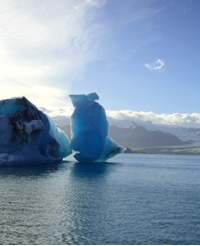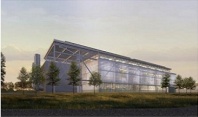What the Clean Power Plan Means for ACUPCC Signatories: Top 5 Areas of Impact
by: Janna Cohen-Rosenthal & Brett Pasinella, Second Nature
The new White House Clean Power Plan is part of the administration's attempts to address climate change. This plan focuses on the greenhouse gas emissions from power plants around the country. The federal government will set specific reduction targets for each state, it is then up to the state governments to decide how best to meet their individual target. The impact to any individual signatory of the American College & University Presidents’ Climate Commitment (ACUPCC) will have a lot to do with their state's policies and history of existing energy and climate policies. The White House provides a list of potential impacts for each state, however, some general predictions can be made nationally.
- Read more about What the Clean Power Plan Means for ACUPCC Signatories: Top 5 Areas of Impact

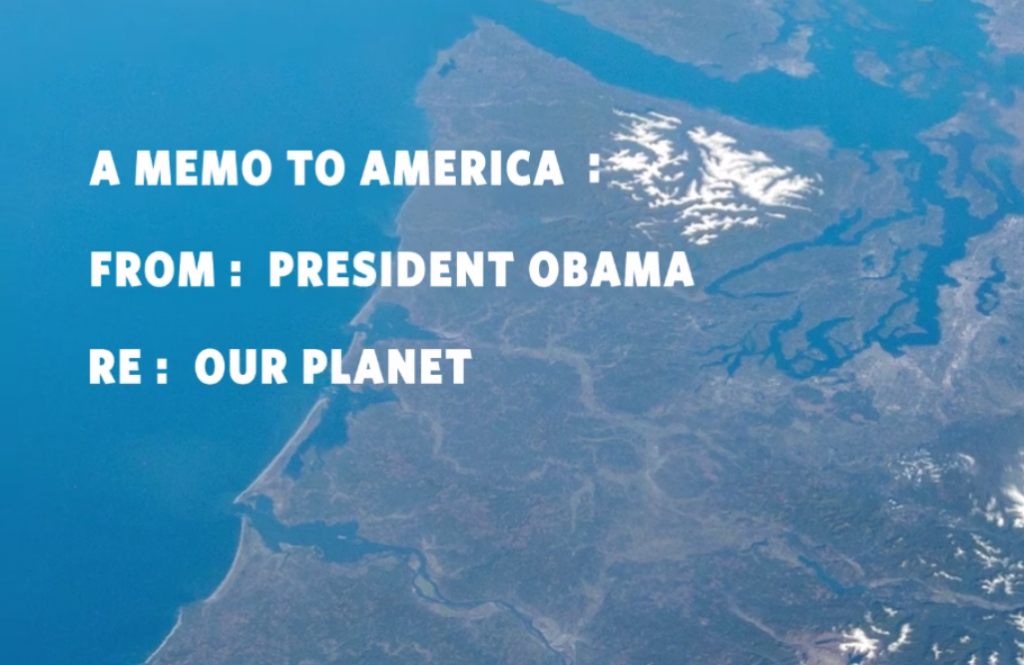
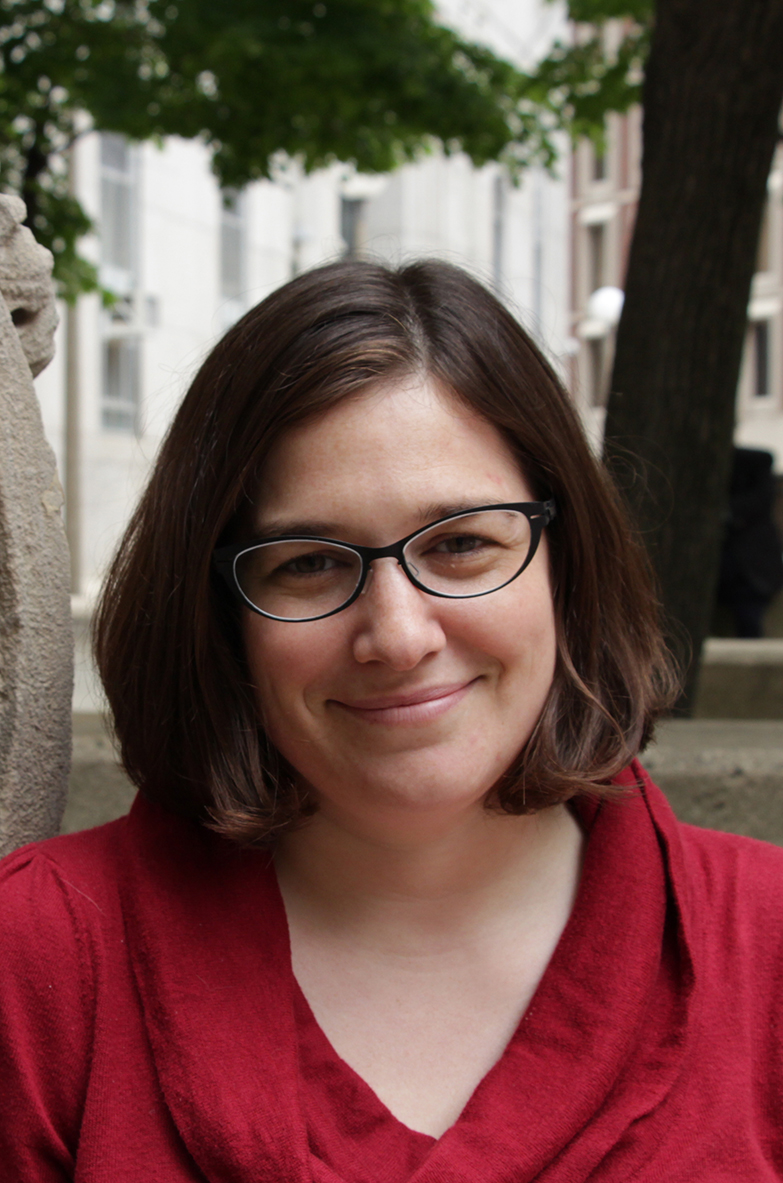

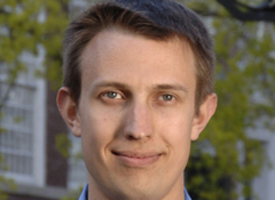

 announced her intent to bring the University to net energy neutrality by 2025. This bold plan builds on the reduction in carbon emissions that all campuses of the UC system have made as signatories to the American College & University Presidents’ Climate Commitment (ACUPCC) and demonstrates the true transformation that can result from higher education leadership. At Second Nature, we are looking forward to continuing to work with the campuses of the University and President Napolitano’s chancellors and staff as they implement this inspiring initiative. The full text of President Napolitano’s remarks can be found here:
announced her intent to bring the University to net energy neutrality by 2025. This bold plan builds on the reduction in carbon emissions that all campuses of the UC system have made as signatories to the American College & University Presidents’ Climate Commitment (ACUPCC) and demonstrates the true transformation that can result from higher education leadership. At Second Nature, we are looking forward to continuing to work with the campuses of the University and President Napolitano’s chancellors and staff as they implement this inspiring initiative. The full text of President Napolitano’s remarks can be found here: 
